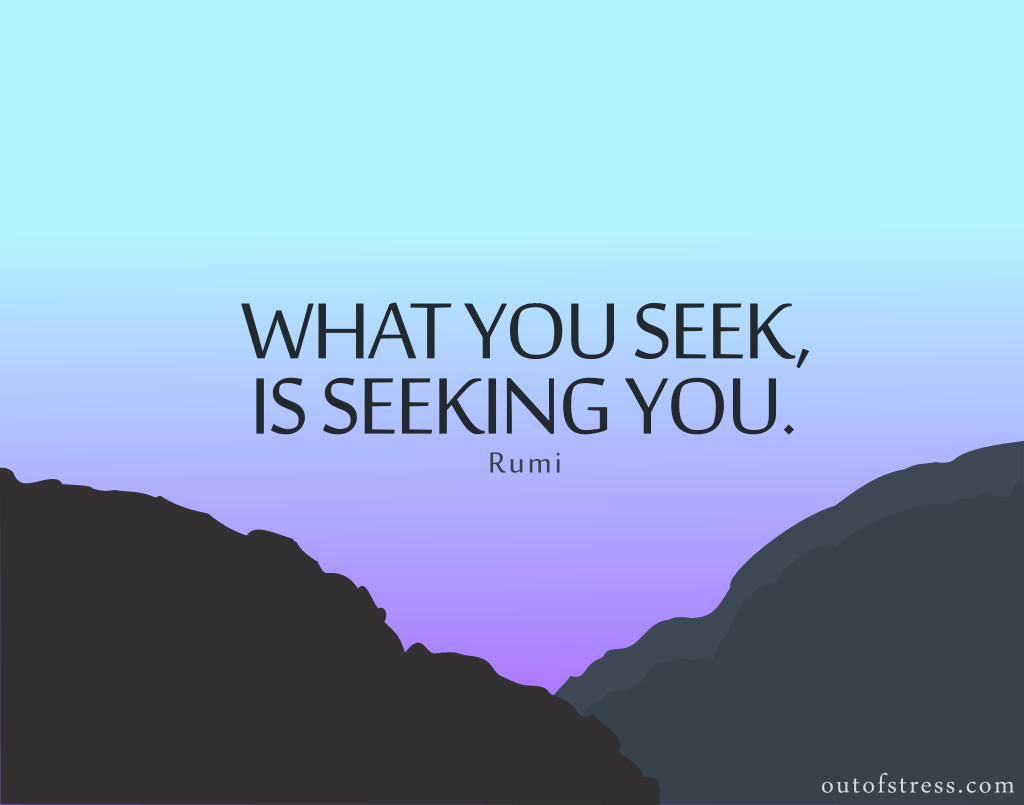Asking, seeking, knocking … beyond binaries and either/or scenarios … the door, the gate, the Way, the narrow path is love. Themes from Matthew 7.
This is why there are times when the most instructive question to bring to the text is not “what does it say?” but “what am I looking for?” I suspect Jesus knew this when he said, “ask and it will be given to you, seek and you will find, knock and the door will be […]

